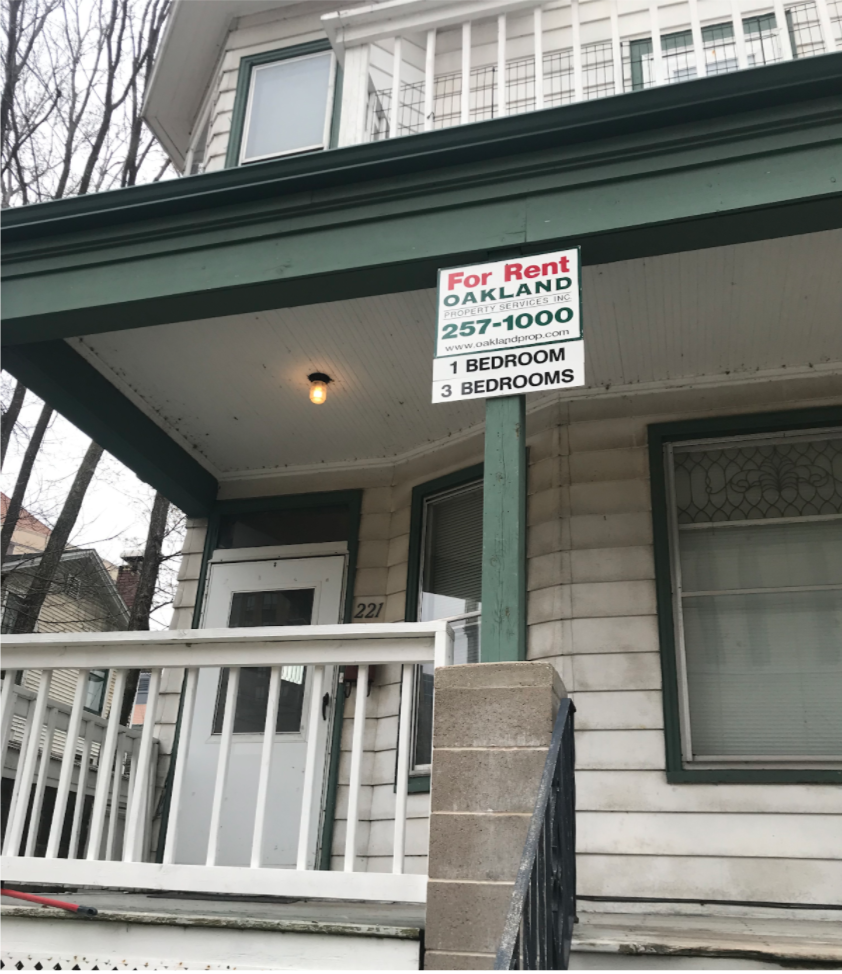Growing housing insecurity fuels student anxiety

The ongoing pandemic has been a massive detriment to the United States’ economy. All over the country, tenants will not be able to make rent due to the rampant unemployment, layoffs and furloughs. This crisis has left many students, often the most inexperienced tenants, in uncertainty.
With skyrocketing unemployment, the rental economy, which houses over a third of Americans, has taken a hit. As of now, landlords have not been given additional resources to meet their expenses and if the record unemployment numbers are any indication, for two months millions of Americans have not been able to make rent.
At the University of Wisconsin-Madison, most students live outside of University Housing and rent apartments. If student renters have received any unsolicited communication at all from landlords regarding the pandemic, it has been about social distancing and cleaning guidelines.
The Aberdeen Apartments on Gorham Street, populated largely by UW students, is one such apartment building. An email sent to tenants on March 18 stated that management was implementing increased cleaning and stipulated that no more than three people may ride the elevator.
Hana Siddiqui, a sophomore at UW-Madison, is a resident of the Aberdeen. She emailed her landlord on her roommate’s behalf regarding paying rent in these tough times. The response from her landlord was that, as of now, there are no resources being extended to tenants but they hope to shave down the rent if they can. The email also included links to student relief funds.
This response is par for the course. Tallard Apartments, Oakland Property Services and JSM Properties are three major landlords for students in Madison. When I emailed them about any possible accommodations being made for tenants in this tight economic time, they cited their own mortgage and loan payments as well as utility bills that were still due. Rent will still be due at the same time.
Many tenants and tenant organizations have critiques of landlords on this framing. The counterargument is that it isn’t that the landlords cannot make their payments, it is that tenants are not able to make the rent that pays for these payments. Landlords say this is a distinction without a difference.
The state government has temporarily halted foreclosures and evictions in Wisconsin but rent will still be due in full when that executive order expires. Many fear the executive order will only delay a massive wave of evictions.
This is a source of a lot of anxiety and uncertainty for some UW students. University Housing does not have the capacity to house even half of the student body, and if renting apartments becomes more inaccessible, students won’t have any alternative for housing.
In the housing instability that could result from this crisis, “I guess I worry moving in and out” said Siddiqui of the uncertainty of housing.
Uncertainty is facing students in every facet of life but housing is one of the most vital and final facets of life. Unless further efforts are taken in stimulus packages or other interventions, mass evictions are on the horizon and students will be caught up in them.
